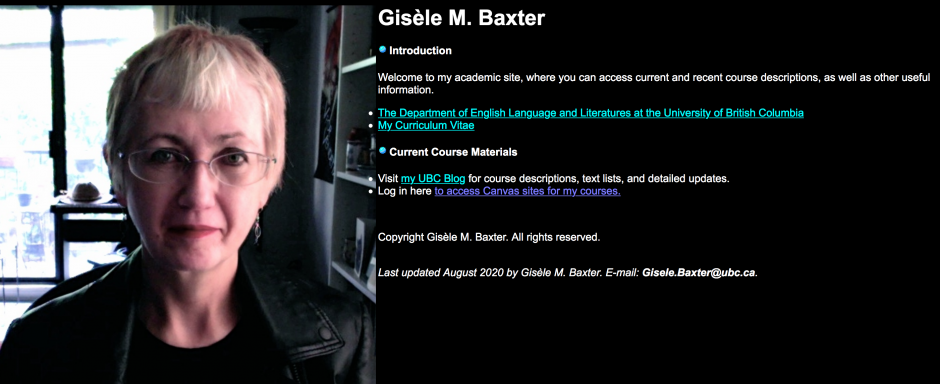Updated November 20, 2025.
If want some introductory experience of revising and editing for publication and of sharing your work with a broader audience, consider undergraduate journals. Undergraduate journals might carry less weight when you’re applying for post-graduate fellowships or jobs. However, they give undergraduates a valuable opportunity to publish and to gain experience with the peer review process, given the amount of competition in submitting to “standard” journals or edited collections, and there are are good undegraduate journals, both discipline specific and multidisciplinary.
It’s not impossible for undergraduates to publish in “standard” academic journals or edited collections, but please don’t opt for one of the increasing number of predatory journals promising speedy publication: publishing there would be detrimental if you are thinking of an academic career.
Look at some academic journals you’ve used for undergraduate essays, where you found articles you really liked (also look at those articles’ bibliographies: see what secondary sources they cite). Check the journals’ submission and publication requirements (peer review should be there); many journals by now have an internet site. See how the articles differ in focus and tone from essays written for courses: even an essay that earned a grade of A+ might require significant development and revision for publication. While undergraduate journals might invite material closer in length to undergraduate term papers, “standard” academic journal articles and book chapters tend to be longer (sometimes roughly the length of the three-credit Honours graduating essay at UBC).
Academic publications don’t allow simultaneous submissions: you must go through the process with one journal and just move on to the next when you’re certain the one where you’ve submitted won’t publish your article. That said, one piece of advice I got as a young scholar (when dinosaurs roamed the earth) was to start with a reasonably prestigious journal if it fits well with your subject, especially if you’re submitting an article developed from an essay that got very strong feedback: you never know, they might ask for some revisions and accept your article!
While you are thinking of publication, you might look for opportunities to present work at colloquia (for example, UBC’s English Students’ Association has an annual colloquium) or undergraduate conferences, as they’re great opportunities for collegial feedback and discovery of useful resources (and meeting people who share your interests). However, you don’t want to go into debt to attend conferences that require additional expenses beyond the conference fee, such as travel and accommodations and meals. (At the graduate and professional levels, sometimes sources of funding exist for conference travel.) Look for local opportunities as well as hybrid or wholly online conferences.
Finally, even though your essays were produced for courses in literary/cultural studies, you’re not limited to journals in their specific disciplinary areas. There are journals quite broadly concerned with a genre or or period or region. As well, there are multidisciplinary journals and journals in niche areas: the Irish Gothic Journal, for example, is well regarded both in literary and cultural/media studies. Gothic Studies is the journal associated with the International Gothic Association, and it too publishes in a broad range of areas, as does ESC: English Studies in Canada (ACCUTE’s journal). The Journal of Popular Culture is another to consider.
Submitting a literary-studies article to a multidisciplinary journal or one in an adjacent area might require some revision. For example, a film studies journal might require more emphasis on the technical language of film, such as mise en scene. I have a chapter published in an academic edited collection called Gothic Heroines (the UBC Library has it in full text online), which takes a film studies approach; what was originally a literary analysis of the Bluebeard story’s influence needed revision to work for both literature and film scholars.
Resource Links
© Gisèle M. Baxter. Not to be copied, used, shared, or revised without explicit written permission from the copyright owner.
